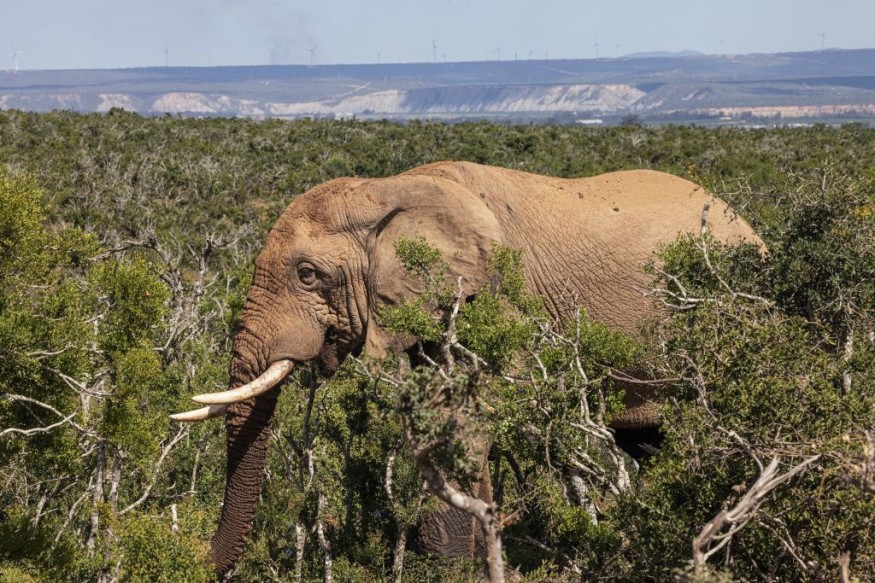Elephants have long been considered as the "gentle giants" of the animal kingdom, mainly due to their peaceful nature. However, wildlife experts say these large mammals can still be aggressive and attack humans with little or without warning. Recently, this violent elephant behavior happened in South Africa, where an elephant trampled to death a Spanish tourist after he disembarked a vehicle to take photos of the scenery.
Local authorities did not name the 43-year-old Spanish national but confirmed that the incident happened when he visited the Pilanesberg National Park on Sunday, July 7. It is not clear why the tusked wild animal attacked the Safari tourist. In the past, scientists explained that elephants can be territorial or protective of their calves in their natural habitats, as observed from related incidents in previous years.
Elephant Kills Spanish Tourist

Earlier this week, the North West Parks and Tourism Board confirmed the elephant attack at the Pilanesberg National Park which led to the death of a male Spanish tourist, according to a report by South Africa's state media. The victim was accompanied by his three friends while driving in their vehicle. Upon encountering an elephant herd, the tourist stepped out of their car to take pictures.
Based on anecdotal testimonies, as cited by the report, the man approached the elephants on foot despite warnings from his Safari companions and other passengers from two other vehicles in the area last Sunday.
Are Elephants Aggressive to Humans?
The recent death of a Spanish tourist from an elephant in South Africa is a testament to the risk posed not only by the African elephant (Loxodonta) but by other species as well such as the Asian elephant (Elephas maximus). The former is endemic in the continent of Africa, including Botswana, Zimbabwe, South Africa, and Kenya; while the latter is native to India, China, and parts of Southeast Asia, including Borneo.
Being herbivores, elephants are known for restricting their diets to leaves, shrubs, grasses, and other vegetation. Yet, this does not confine them from being aggressive towards other animals, including humans. According to the Kenya-based conservation organization Tsavo Trust, elephants can become aggressive or defensive from perceived threats, highlighting this aggressive behavior can be triggered when we come to close them and their calves.
Fatal Elephant Attacks in Recent Years
Before the recent incident in South Africa, an elephant also killed an American tourist in Zambia in June 2024. The Zambian elephant trampled to death the visiting 64-year-old US tourist, adding to the growing elephant attacks on humans in the region. Meanwhile, in 2022, an elephant also trampled a woman to death in India, where dangerous elephant encounters are rampant.
According to the World Wildlife Fund (WWF), elephant attacks can result in injury or death of people. In Kenya, elephants have killed over 200 people over the last 7 years. In Idia, elephants are responsible for the deaths of approximately 100 people each year. These incidents continue to happen amid the increase of wildlife conflict between humans and elephants, as we continue to encroach on their habitats.
© 2025 NatureWorldNews.com All rights reserved. Do not reproduce without permission.





